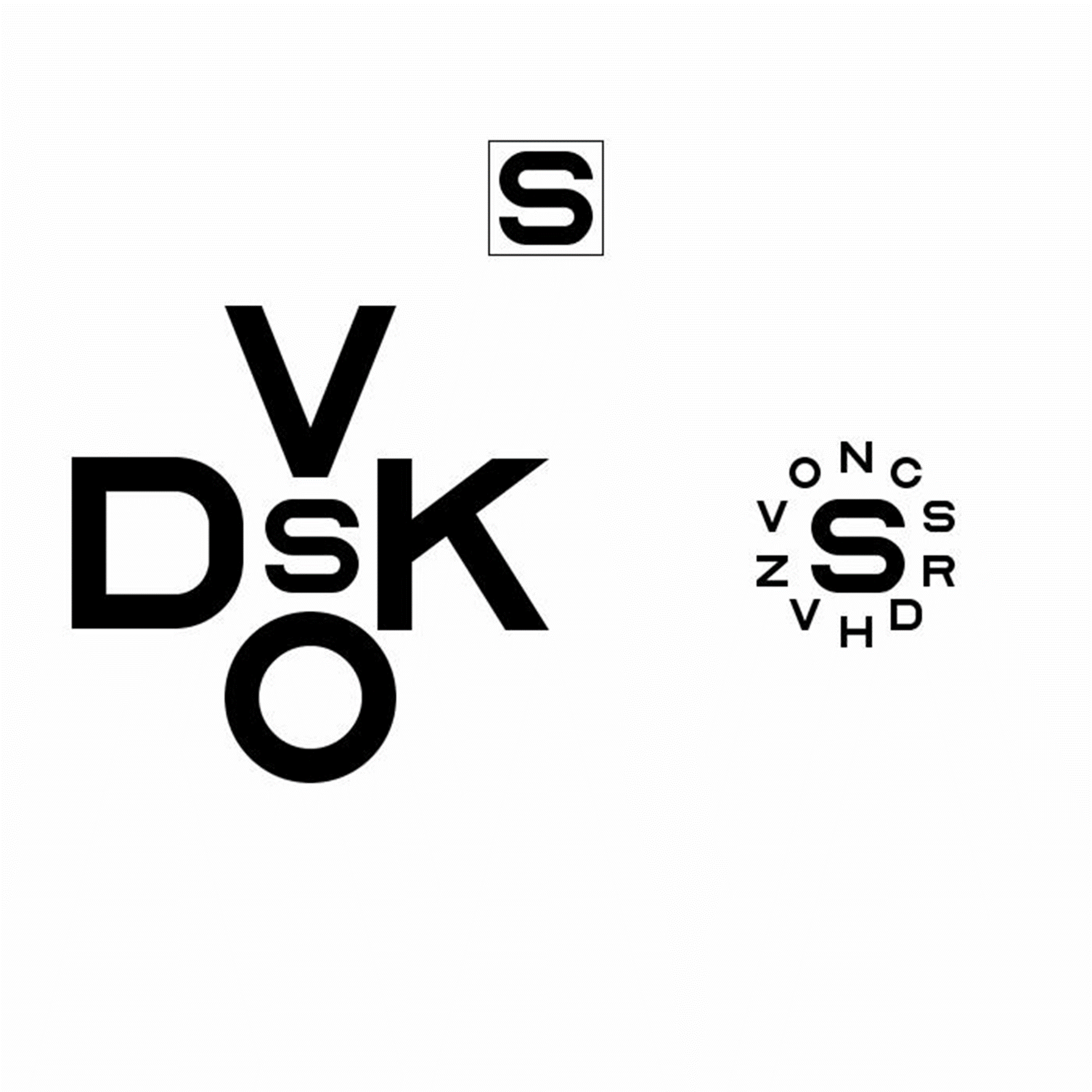Marsden Award 2018: cortical limit on visual acuity
In the Marsden Fund awards announced late in 2018, over $700,000 was awarded to a project led by Prof Steven Dakin with Dr Lisa Hamm, Dr Catherine Morgan, and Dr Samuel Schwarzkopf. The project is investigating how the brain limits visual acuity.
The overarching goal of this project is to reveal how the visual brain limits the finest scale of information we can use to recognise objects. The long-term goal of this line of research is to develop realistic models of human vision that link brain activity to behaviour. Given that around 40% of the cortex is involved in processing visual information, a realistic model of vision (i.e. that incorporates limits set by eye and brain) would represent a significant advance in terms of our understanding of how the brain works.
For example: we know that we can manipulate the apparent size of objects. Consider the image on the right: although both central s’s are the same size, they appear very different. The illusion results from processing visual information in the brain (not the eye) which effectively “expands” the resources allocated to objects that appear larger. We are asking whether these extra resources will allow us to see things we otherwise couldn’t. Specifically, if we shrink the left-hand image, will the increase in apparent size of the s on the right, help us to read it? By measuring performance with images like this, and performing brain imaging, our research will reveal both how the brain estimates the size of objects, and how it limits our acuity.
Understanding this would have many applications, e.g. as a platform to explore the effects of disease on real clinical tests of vision. Rather than placing a patient in front of an experimental eye chart, we could present thousands of virtual eyecharts to our model, in order to determine which chart best reveals the presence of eye disease. A secondary aim of this project is to grow capacity amongst established and emerging researchers in the area of machine learning (ML), a discipline that is having a transformative effect on modelling the brain and on healthcare delivery.
